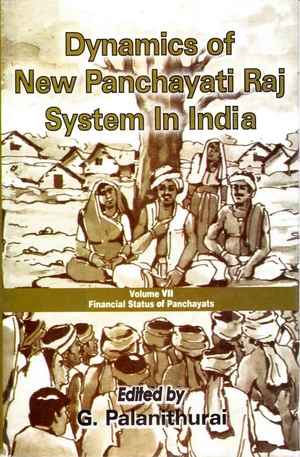Climate change has the probable to undermine sustainable development, increase poverty, and delay or prevent the realization of the Millennium Development Goals. An effective way to address the impacts of climate change is by integrating adaptation measures into sustainable development strategies so as to reduce the pressure on natural resources, improve environmental risk management, and increase the social well-being of the poor. Human rights traditionally made a distinction between state and private action. The lines are becoming increasingly blurred as a great deal of "public" power is mirrored in the global scale and enormous power of the private sector to such a degree that it is appropriate to consider the more powerful corporate actors as wielding a form of quasi-state power in relation to which it is necessary to apply human rights responsibilities to those quasi-state actors. In any event, law is one of the fundamental areas through which state power is exercised and for which states should be held accountable for serious deviancy or failure to use state power to act appropriately or to protect citizens from abuses. As the book addresses this crucial issue quite deftly, it is hoped that it would prove to be a source of great information for the reader. It is expected that the book would serve the interests of the students as a source of information for understanding and appreciating the finer aspects of Challenges of Climate Change and Human Rights.
Price history
Nov 19, 2022
€413.37

